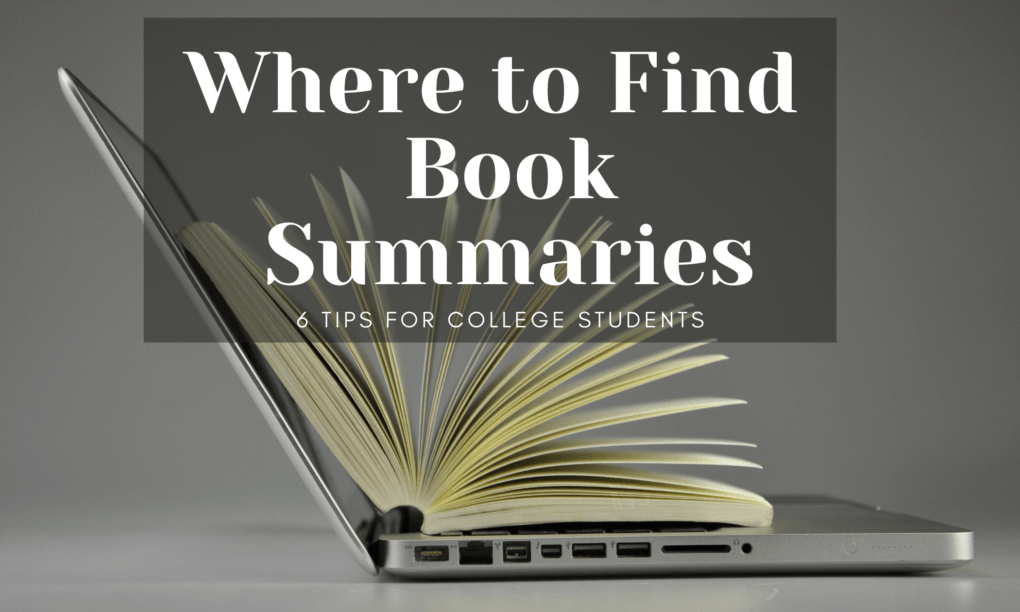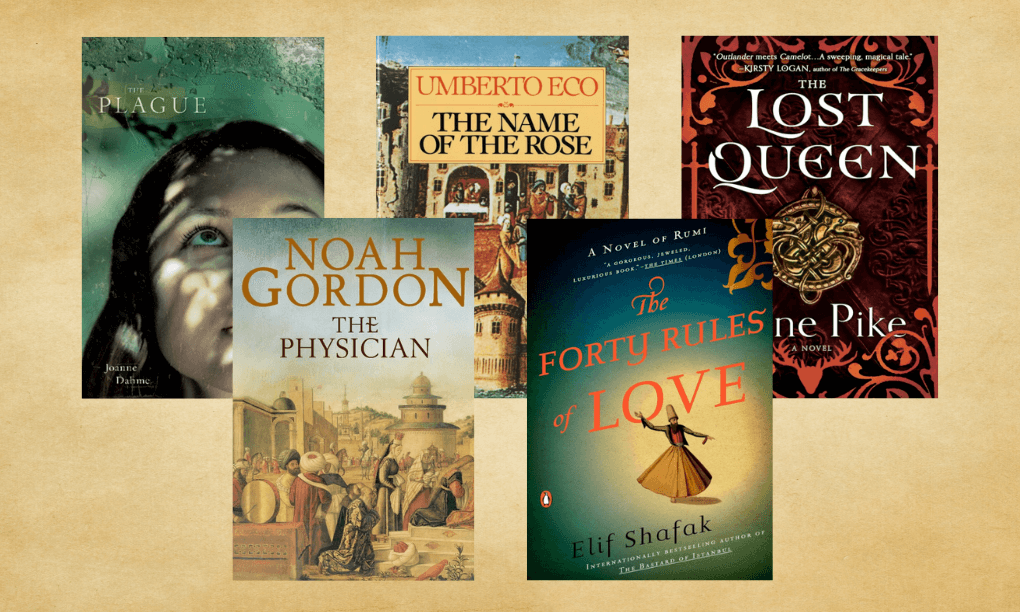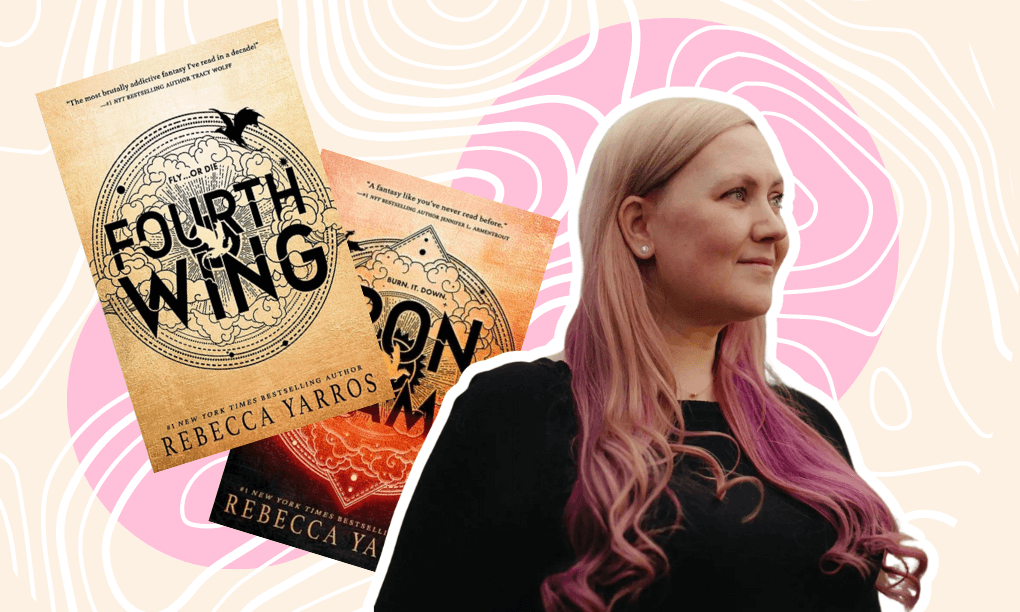We are all in need of accurate book summaries once in a while, especially when studying at college or hopping on a busy work schedule. There are so many reading lists and recommendations like “100 books everybody should read,” “10 Best Sci-Fi Books,” or more college-specific “12 Books Every Law Student Should Read.” But how can one possibly devour and digest all this information, especially when it’s not just for fun but also relevant to your college studies and career? The answer is: find book summaries for college students.
There are multiple resources for various needs and are relevant for different purposes. Some of them are behind a paywall that is relatively high to climb… We’ve selected a few best resources that help you get the plot and the main ideas of the books you want or need to read—fiction, novels, productivity and self-help books, and scholarly works. We mention even obvious open-source websites, but there are many more fantastic services with summaries that do precisely what you need—summarize books and textbooks in a 10–15 minute read.
Of course, you also need a summary of this post. So here we go: don’t confuse review and summaries, don’t forget that summaries are rarely impartial, and use the resources listed below.
Why do You Need Book Summaries?
Summaries are not about cheating—they are helpful because they can save you time, help write college papers, and prevent you from making bad reading choices.
Get to Know Cultural References
Sometimes, the only thing you need from a book is a chance to understand references (and memes, of course) based on its plot. You might not care about Truman Capote’s Breakfast at Tiffany’s, and you don’t wanna watch the movie (which is quite different from an original novella). The only thing you need is to know what’s the craze about it, and a book summary will get you there.
Refresh the Plot in Your Head
You’ve read so many books in the past 10–15 years, and there is no way you can still remember the plot or character names. It is especially handy when reading ongoing book series like The Game of Thrones. We need to refresh “what happened in the previous book” while waiting for George Martin to get done with his new bestseller.
Write College Papers
More often than not, you have to rely on scholarly literature while writing your college essays and doing research projects. Here you’d usually need both academic literature and some self-help advice on how to overcome writer’s block, for example. Browsing through summaries of scientific works will help you find relevant studies to use for your college project.
Get Self-Help Advice, Quickly
The industry of self-help continues to bloom, and the amount of productivity books has quadrupled. Summaries will help you to decide which books have compelling ideas and are worth your time. You really don’t wanna spend hours reading another self-help book just to learn that its primary (and only) advice is “work hard” or something along these lines.
Decide What to Read Next
If you’re not afraid of spoilers, getting acquainted with a summary will help you decide whether you want to read a book or not. Whatever book you’ve set your mind on, BooksRun will help you to buy it cheaply.
Though don’t forget that summaries are no substitution for learning from textbooks and reading. To absorb and apply the knowledge, you need to do much more than just get the main idea in 10 minutes. Always think critically: stay alert that summaries are not unprejudiced. Some summaries can be simply inadequate or misleading, even on paid services.
Wikipedia and WikiSummaries: Best Free Websites for Fiction Book Summaries
Duh. But let’s state the obvious—Wikipedia is an excellent resource with great articles about classics and popular self-help books. And it won’t get annoying by try to sell you something every 5 minutes like some other websites. If you find the summary you need there, search no more. Additionally, WikiSummaries is a website dedicated to… you’ve guessed it right. They have a pretty awesome collection that is easy to navigate
Four Minutes Books
(Free summaries of self-help, scholarly, and productivity books)
If you want to keep things short and cheap (actually, entirely free)—check Four Minutes Books. Their collection of books is just great, covering popular self-help books and also more academically-oriented studies. You can start with a quiz to define what kind of self-help you need—that’s quite fun!
Every book is unpacked in one or ten sentences that highlight three main points offered by the study. It is excellent for refreshing the books you’ve read and deciding whether you need this study for your college essay or not. To be fair, these are more reviews of reviews (curators do not pledge to have read each and every book), but these short summaries can give you a good idea of the book. It is a valuable resource that can totally save you when you need to browse through a significant number of books and references to choose a few that are worth your attention.
Blinkist
(Probably the best subscription app for self-help and productivity book summaries)
There are many beautiful things to say about Blinkist, but you won’t get this effective time-saving app for free. Although they give you a 7-day trial to check it out. The idea is pretty simple: a terrific amount of self-help books (especially those your friends and top-notch entrepreneurs are talking about) are summarized in around 15 minutes. You can listen to these summaries or read through them.
There are multiple alternatives like Get Abstract, Read It for Me, and Summaries. Still, Blinkist has a better selection, a user-friendly interface, and a flexible subscription plan.
CliffsNotes
(A sure way to find book summaries for students)
CliffNotes is an endless resource for pumping up your study routine. There are many literature notes (aka summaries) for all kinds of books, from Virgil’s Aeneid to Jean-Paul Sartre’s No Exit.
Literary Magazines
(An old-school way of getting to book summaries)
Multiple magazines cover all kinds of literary genres. Usually, their articles don’t offer a summary per se but a lengthy review that is exquisitely written. These articles give you a good sense of the book and its plot and, crucially, help you perceive it in a bigger literary and social context.
If you care only about the plot, choose Blinkist or free services. But if you want to be on top of all the literary trends and discussion, this old-school magazine subscription will turn out as a pleasant experience! Some apparent choices are The New Yorker and London Review of Books; you can choose something more niche that fits your interests.
A bonus tip: check your subscription options if you have an @edu email. There are some plans for students that allow you free access under a specific limit of articles per month.
Book Bloggers
(Join a reading community)
There are quite a few “professional” readers around the globe who regularly publish reading notes and reviews with their reading community. Why don’t you follow somebody like that?
Let’s take James Clear, who is a popular lifestyle and productivity guru and an author himself. On his website, he provides summaries of the most essential self-help books (both in a short 3-sentence version and a more in-depth analysis)—and they’re pretty valuable! For non-fiction books, also consider book summaries by Sam Thomas Davies and Ali Abdaal.
Find a blogger who shares your literary preferences, be it history books, biography, or fashion, and you’ll find book summaries in plenty!
There is quite an amount of resources with book summaries for college assignments and for the fun of it. If you are using open-source and free platforms, consider contributing to them as well! Finally, just don’t forget to read actual books once in a while!


